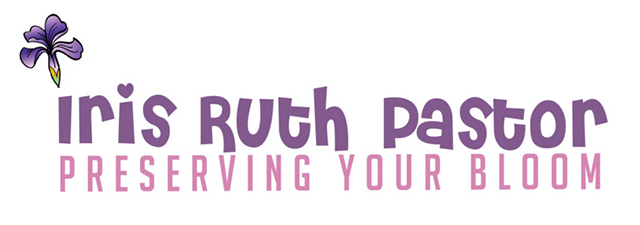Ann Kearney-Cooke is a provocateur. She appeals to those of us who are shackled by circumstances and overruled by rationalizations.
She tells this story:
There was a small town that had a zoo and the people of the town wanted a polar bear so the directors of the zoo raised the money to acquire a polar bear and build a habitat. The polar bear arrived early and so had to be confined in a cage until the habitat was finished.
When the habitat was ready, a ceremony took place to dismantle the cage and the polar bear was set free to explore his new living quarters – with all its nooks and crannies – but the polar bear kept moving as if the cage were still there.
“How many of us,” asks Dr. Kearney-Cooke, founder and director of The Cincinnati Psychotherapy Institute, “don’t get out of the cages of our own making? How many of us are doomed to get the same disappointing results because we confine ourselves to the same limited space? How many of us hold onto outdated visions and unrealistic goals?”
I, of course, key in immediately to what she is alluding to. For years, I bowed down and paid daily homage to the little black numbers that jumped into view every morning (and sometimes more than that) when I tentatively stepped on that bathroom scale. What I weighed not only determined what I ate that day, but how I felt about myself, the world, my abilities and my value.
When I finally unattached myself from this neurotic mind-set, I found myself in a state of disorientation and confusion. How could I gauge my mood without the little black numbers to keep score? How did I know whether to be energized, inspired, depressed or disappointed if THE BATHROOM SCALE wasn’t there to access my sense of self-worth?
Finally I came to the stunning conclusion that I was entitled to be happy in spite of what the scale said – not because of it, but the transition from weighing myself obsessively to not weighing myself at all was a tough one. I needed other mile markers and there were none to be found.
“Transitions, both short-term and long-term,” says Kearney-Cooke, “are tough and we tend to overeat (or drink too much, or smoke too much) when we are not making transitions in a healthy way. That’s when our resources are low and the demands are high, so we develop a symptom to re-fuel us – and too often it is one that is not good for us.”
The challenge is to create rituals that make transitions easier. Observe the lobster, who, when he outgrows his shell, discards it and goes into hiding until the new shell is fortified against predators.
We all could use a specified amount of time-out to grow a new and more resistant shell – that fits better and feels right. One woman, who has a tough time making the transition from mealtime to the end of mealtime, brushes her teeth at the end of each meal – thus depicting to herself that the meal is finished. Another woman, when she returns home from work each evening, symbolically sheds her entrepreneurial mind-set by lighting a scented candle and hovering close to take in the pleasant aroma. She has put a stop to rushing in the door, flinging off her coat and immediately zoning in on collecting her phone messages, retrieving the mail and accessing her E-mails.
As Kearney-Cooke concluded, “Become the director, not the actor of your life. And allow the ‘compass of direction’ to slowly shift until it rests where it should have been in the first place – inside yourself.”
Keep Preserving Your Bloom,

